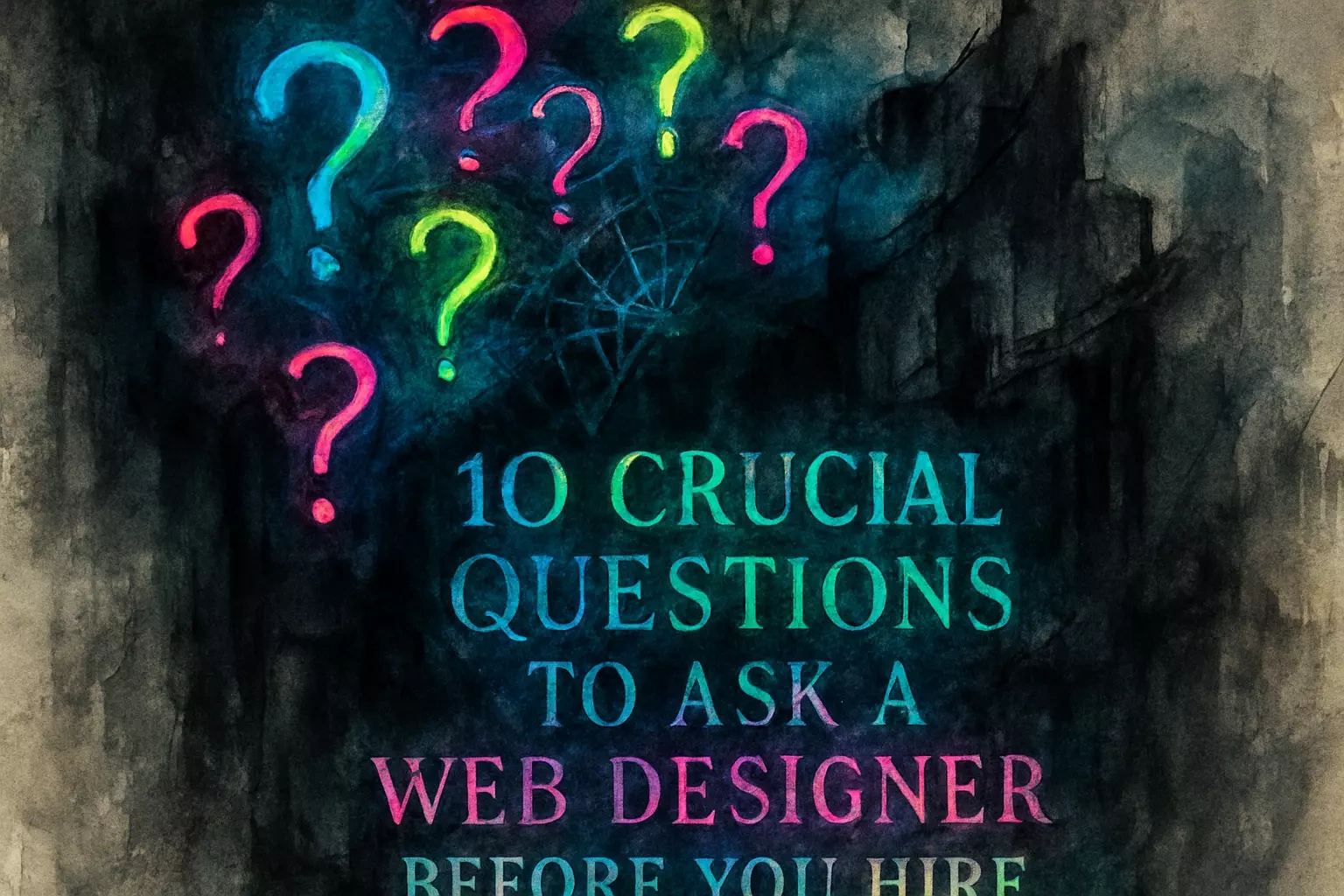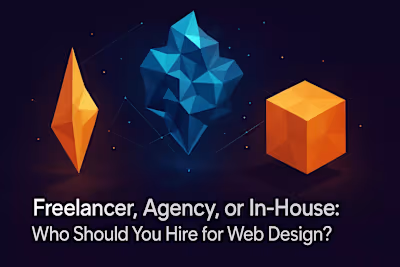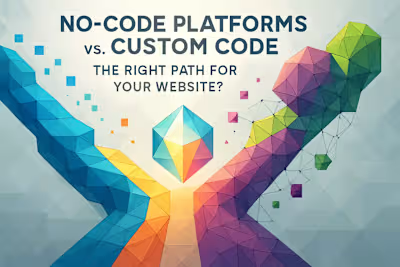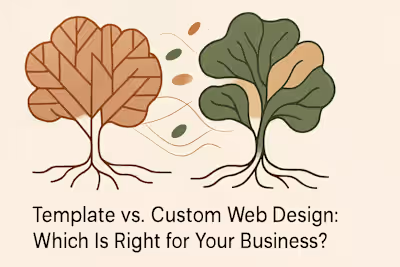10 Crucial Questions to Ask a Web Designer Before You Hire

10 Crucial Questions to Ask a Web Designer Before You Hire
Questions About Their Process and Workflow
1. Can you walk me through your design process from start to finish?
2. How do you handle client feedback and revisions?
3. What platform (e.g., WordPress, Squarespace) do you specialize in, and why?
Questions to Gauge Technical and Strategic Skills
4. How do you approach mobile-first design and ensure responsiveness?
5. What is your experience with SEO best practices?
6. How do you ensure the website has fast loading speeds?
Questions About Project Management and Collaboration
7. What is included in your fee, and what would be considered an extra cost?
8. Can you describe a challenging project and how you navigated it?
9. What kind of post-launch support or training do you offer?
10. What questions do you have for me?
Making Your Final Decision
References
10 Crucial Questions to Ask a Web Designer Before You Hire
Questions About Their Process and Workflow
1. Can you walk me through your design process from start to finish?
2. How do you handle client feedback and revisions?
3. What platform (e.g., WordPress, Squarespace) do you specialize in, and why?
Questions to Gauge Technical and Strategic Skills
4. How do you approach mobile-first design and ensure responsiveness?
5. What is your experience with SEO best practices?
6. How do you ensure the website has fast loading speeds?
Questions About Project Management and Collaboration
7. What is included in your fee, and what would be considered an extra cost?
8. Can you describe a challenging project and how you navigated it?
9. What kind of post-launch support or training do you offer?
10. What questions do you have for me?
Making Your Final Decision
References
Posted Jun 30, 2025
Don't sign a contract without asking these essential interview questions. Vet your web designer's process, technical skills, and collaborative style to ensure a perfect fit.










